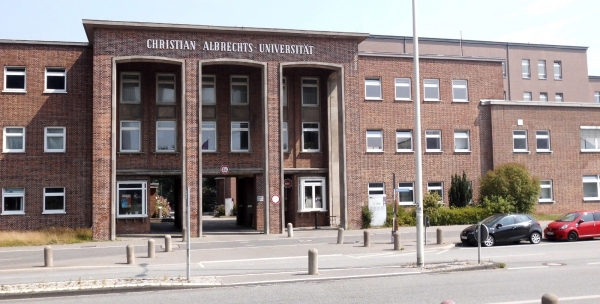https://www.uni-kiel.de/en/
Founded
1665Description
Despite a history dating back to 1665, Kiel University is a modern state university in the northern German state of Schleswig-Holstein. Located in the capital of the state, it is the largest and oldest within its borders and is one of the top employers in the region. It is often referred to as the Christian-Albrechts-Universität zu Kiel.
Starting out with four faculties, the university has since expanded to house eight. These are the Faculty of Law; Mathematics and Natural Sciences; Agricultural and Nutritional Sciences; Arts and Humanities; Theology; Medicine; Business, Economics and Social Sciences; and Engineering.
In total, it caters for around 24,000 students at both undergraduate and postgraduate levels and students can choose from 185 different degree programmes from within 80 or so subject areas. The university attracts many students from the local area and across Germany and beyond owing to its specialist scientific profile.
International summer schools are available at the university, which allow prospective students to visit the university and get a taste of their desired subject area as well as a flavour of life at Kiel.
One point of interest for visitors and students alike is the Botanischer Garten Kiel: its botanical garden. Maintained by the university and open every day of the year, thousands of plant species flourish across roughly eight hectares, exhibiting local bucolic delights as well as international varieties.
The International Centre at Kiel allows the university to maintain solid relationships with other institutions around the world. Through schemes such as ERASMUS and PROMOS, inbound and outbound students come and go from the university each year.
A number of Nobel Prize winners are associated with the university in areas that include literature, physics, medicine and chemistry.
Kiel is recognised as a ‘family friendly’ university, working hard to provide accommodation for students with small children which allows them to study alongside their parental responsibilities.
Specific details
Location
Christian-Albrechts-Platz 4, 24118 Kiel, Germany




